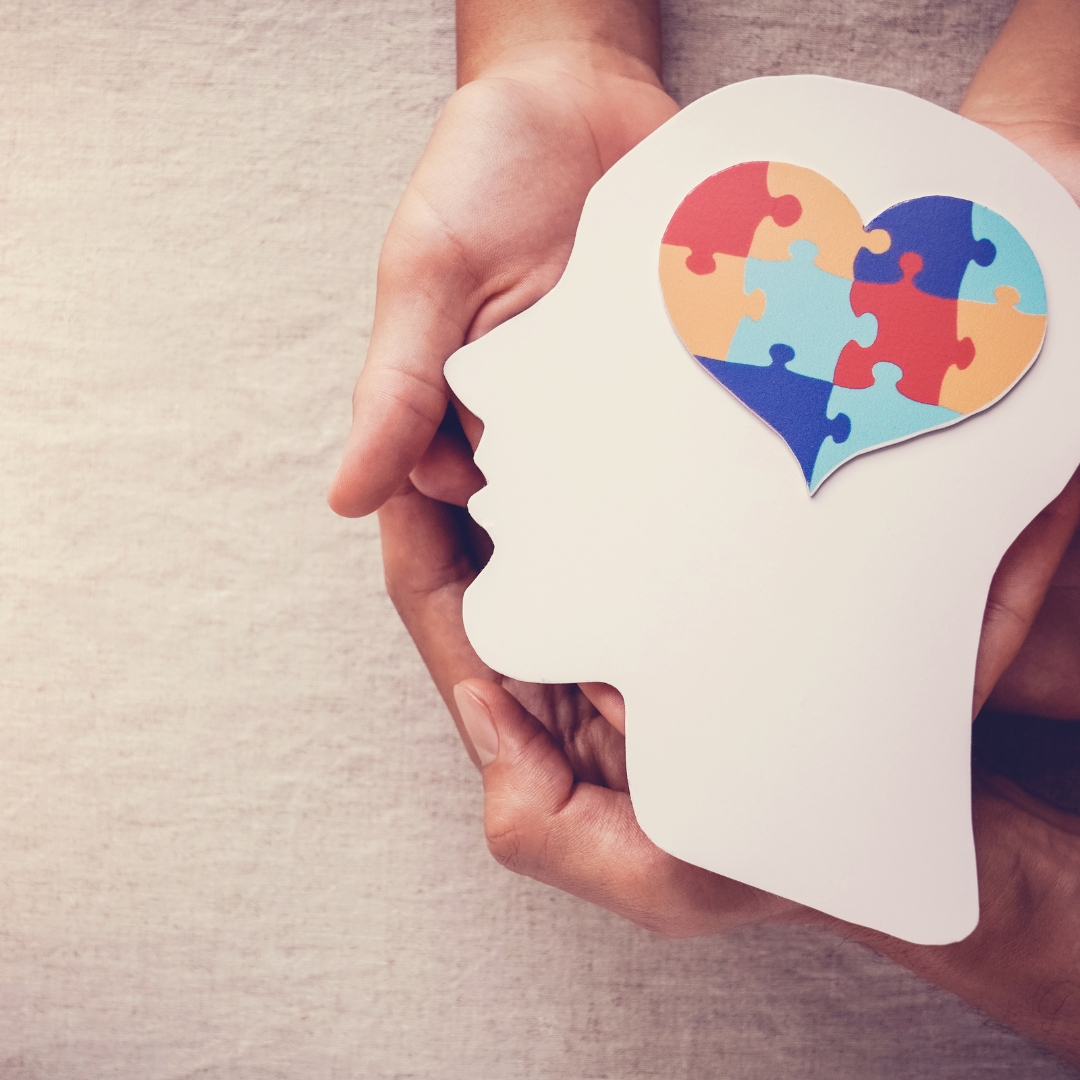Just Blogging It Out...

Neurodiversity in the Workplace
Judy Singer, an Australian sociologist, coined the word “neurodiversity” in 1998 to recognize that everyone’s brain develops in a unique way.
Like a person’s fingerprints, no two brains — not even those of identical twins — are exactly the same. Because of that, there’s no definition of “normal” capabilities for the human brain.
The term “neurodivergent” describes people whose brain differences affect how their brain works. That means they have different strengths and challenges from people whose brains don’t have those differences. The possible differences include medical disorders, learning disabilities and other conditions. The possible strengths include better memory, being able to mentally picture three-dimensional (3D) objects easily, the ability to solve complex mathematical calculations in their head, and many more.
Neurodivergent isn’t a medical term. Instead, it’s a way to describe people using words other than “normal” and “abnormal.” That’s important because there’s no single definition of “normal” for how the human brain works.
The word for people who aren’t neurodivergent is “neurotypical.” That means their strengths and challenges aren't affected by any kind of difference that changes how their brains work.
Neuro-differences are recognised and appreciated as a social category similar to differences in ethnicity, sexual orientation, gender, or ability.
Recognised Types of Neurodivergent Conditions:
- Autism (ASD)
- Attention Deficit / Hyperactivity Disorder (ADHD)
- Dyslexia
- Dyspraxia (Developmental Coordination Disorder DCD)
- Dyscalculia
Interestingly, 15-20% of the population is neurodivergent! Clare Reynolds, a senior Psychologist, offers three easy to-action solutions for those who manage neurodivergent employees:
- Allow time for desaturation
- Don't overburden with verbal instructions
- Create psychological safety













